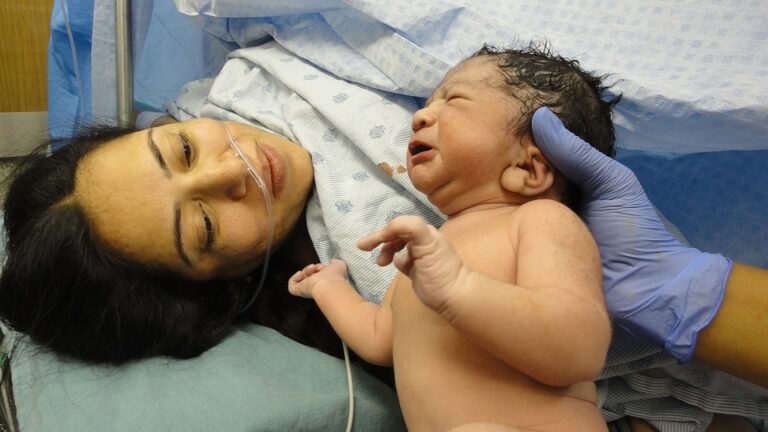
[ad_1]
5 Effective Strategies for Motivating Kids to Take Responsibility
As a parent or guardian, one of the most important things you can teach your children is how to take responsibility for their actions. This can be a challenging task, but with the right strategies and approaches, it is possible to motivate kids to take ownership of their responsibilities. In this article, we will explore 5 effective strategies for motivating kids to take responsibility, incorporating real-life examples and taking a storytelling approach to engage and inspire both parents and children.
(*5*)
Setting clear expectations
One of the most effective strategies for motivating kids to take responsibility is to set clear expectations. When children understand what is expected of them, they are more likely to take ownership of their responsibilities. For example, if you want your child to complete their homework before dinner, clearly communicate this expectation to them. You can use a visual aid such as a chore chart or a daily schedule to help reinforce these expectations and hold them accountable.
Offering praise and rewards
Another effective strategy for motivating kids to take responsibility is to offer praise and rewards for their efforts. When children feel recognized and appreciated for their responsible behavior, they are more likely to continue taking ownership of their responsibilities. For instance, if your child consistently completes their chores without being reminded, you can praise them for their efforts and offer a small reward such as extra screen time or a special treat.
Modeling responsible behavior
Children often look to their parents and guardians as role models, so it is important to model responsible behavior in your own actions. Lead by example by demonstrating responsible habits such as time management, organization, and accountability. When children see responsible behavior in action, they are more likely to adopt similar habits and take ownership of their own responsibilities.
Allowing natural consequences
Another effective strategy for motivating kids to take responsibility is to allow natural consequences for their actions. When children are held accountable for their decisions, they are more likely to learn from their mistakes and take ownership of their responsibilities. For example, if your child forgets to pack their lunch for school, allow them to experience the natural consequence of going hungry for a day. This can help them understand the importance of being responsible and taking proactive measures to avoid negative outcomes.
Encouraging problem-solving
Finally, encouraging problem-solving is a key strategy for motivating kids to take responsibility. When faced with challenges or obstacles, help your child develop problem-solving skills by asking open-ended questions and allowing them to brainstorm solutions. By empowering children to find their own solutions, they will learn to take ownership of their responsibilities and develop a sense of confidence and self-reliance.
Real-life Examples
Consider the following real-life example of how these strategies can be applied:
Josh, a 10-year-old boy, often forgets to put away his toys after playing. His parents decide to implement the strategy of setting clear expectations by creating a chore chart for Josh to follow. They also offer praise and rewards for each time he completes this task without being reminded. Additionally, they model responsible behavior by consistently tidying up after themselves and allowing natural consequences by not stepping in to pick up his toys for him. Finally, they encourage problem-solving by asking Josh to come up with his own solutions for remembering to put away his toys. Over time, Josh learns to take ownership of this responsibility and develops a habit of cleaning up after himself without being prompted.
Conclusion
Motivating kids to take responsibility is an essential part of their development, and it requires patience, consistency, and effective strategies. By setting clear expectations, offering praise and rewards, modeling responsible behavior, allowing natural consequences, and encouraging problem-solving, parents and guardians can empower children to take ownership of their responsibilities and develop important life skills. By incorporating real-life examples and taking a storytelling approach, we hope to inspire and engage both parents and children in this ongoing journey of growth and learning.
FAQs
Q: How do I know which strategies will work best for my child?
A: Every child is unique, so it may take some trial and error to determine which strategies are most effective for motivating your child to take responsibility. Pay attention to their responses and adjust your approach as needed.
Q: How can I remain patient and consistent while implementing these strategies?
A: It is important to remember that change takes time, and children may not adopt responsible habits overnight. Stay patient and consistent in your efforts, and provide gentle reminders and encouragement along the way.
Q: What if my child continues to resist taking responsibility?
A: If your child continues to resist taking responsibility, it may be helpful to have an open and honest conversation with them to understand any underlying reasons for their behavior. Seek support from other trusted adults or professionals if needed.
[ad_2]